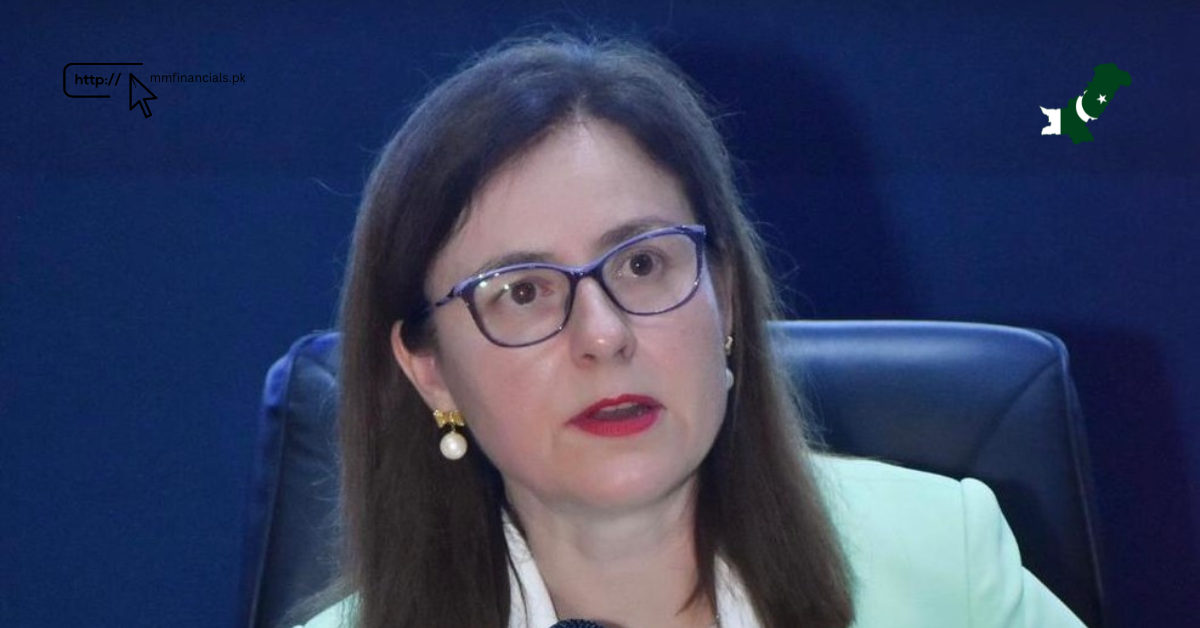An International Monetary Fund (IMF) mission is scheduled to convene with Pakistani authorities next week to deliberate on the “next phase of engagement,” according to a statement from an IMF official on Sunday.
Esther Perez Ruiz, the Fund’s resident representative for Pakistan, conveyed to a local media outlet, that a mission team, spearheaded by Nathan Porter, IMF’s mission chief to Pakistan, will engage with authorities in discussions aimed at setting the groundwork for enhanced governance and fostering stronger, more inclusive, and resilient economic growth to benefit all Pakistanis.
This announcement follows Pakistan’s recent completion of a short-term $3 billion program, which played a pivotal role in averting sovereign default. However, Pakistani officials have underscored the necessity for a fresh, longer-term program to address the nation’s economic needs comprehensively.
Last week, the IMF articulated its anticipation for a mission visit to Pakistan this month, highlighting its agenda to deliberate on the fiscal year 2025 budget, policies, and reforms under a potential new program aimed at advancing the welfare of all Pakistanis.
PAKISTAN NAVIGATES ECONOMIC CHALLENGES AMID IMF ENGAGEMENT
Following a narrow escape from default last summer, Pakistan’s $350 billion economy has shown signs of stabilization post-completion of the previous IMF program. Inflation, which peaked at 38 percent in May last year, has notably decreased to around 17 percent as of April.
Despite these improvements, Pakistan still grapples with significant fiscal challenges. While import control measures have helped contain the external account deficit, they have also led to stagnant growth, projected to hover around 2 percent this year after experiencing negative growth last year.
To address its economic needs comprehensively, Pakistan is anticipated to seek at least $6 billion from the IMF and is considering additional financing under the Resilience and Sustainability Trust.
However, the IMF has underscored persisting downside risks for Pakistan’s economy. Political uncertainty remains a significant concern, potentially impacting policy continuity. The high cost of living coupled with political complexities could further strain policymaking, potentially leading to policy slippages and exacerbating the path to debt sustainability.
Moreover, external stability for Pakistan faces additional challenges such as higher commodity prices, disruptions to shipping, and tighter global financial conditions. These factors could exert pressure on the nation’s already strained financial resources.



















